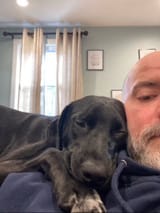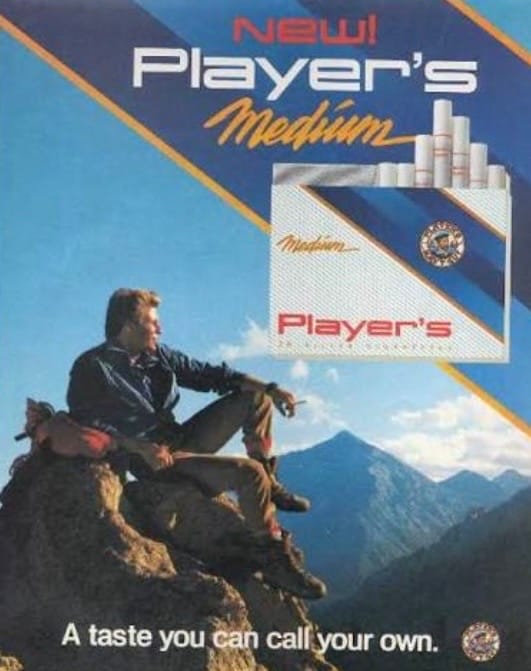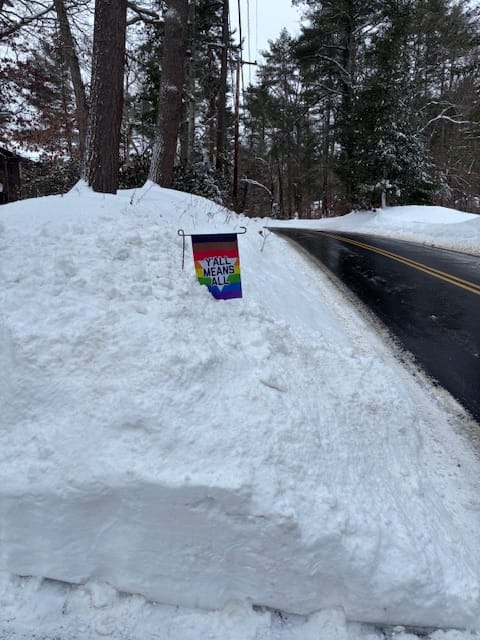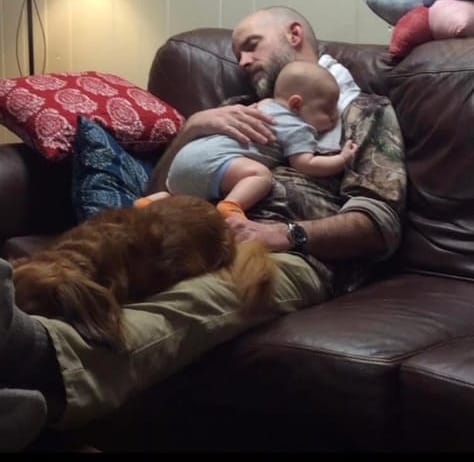July 4, 2025
When faced with unimaginable horrors some people will run, more will freeze, but a surprising number will fight. A shocking number of people will run to aid their fellow man. I’ve seen it
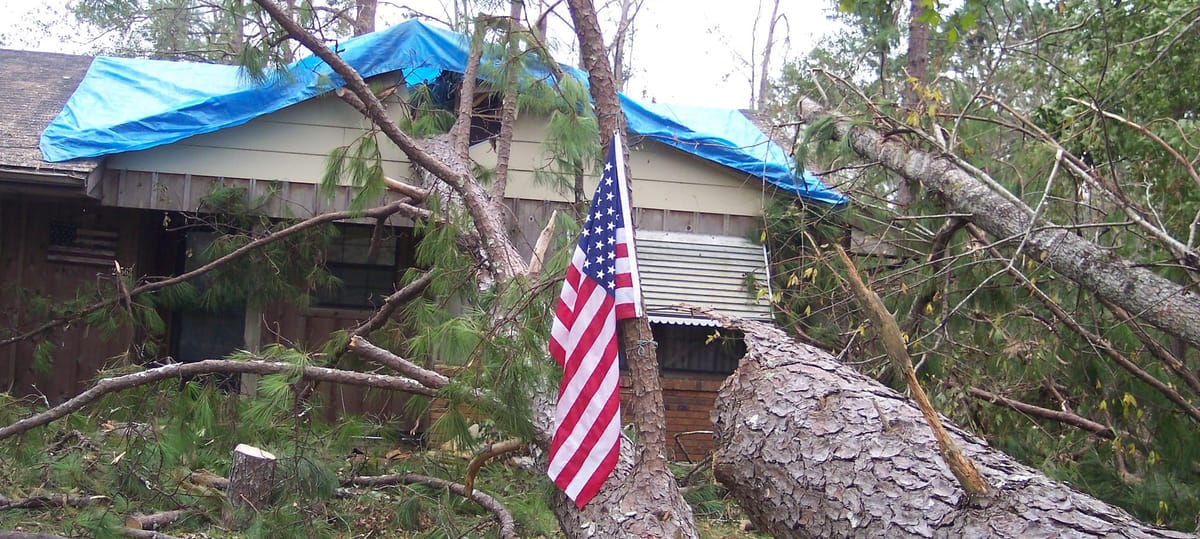
I wrote this in the immediate aftermath of the deadly floods that devastated Central Texas and then shelved it because I didn't know how I felt about releasing it publicly. Then I forgot about it until I started editing another piece in the same folder. I still don't know how I feel about releasing it publicly but I thought it read well and I stand by the message.
When I was five weeks old a tornado outbreak struck my hometown. Before the night was over an Ef4 tornado tore through Bossier City, completely obliterating the National Guard armory where my parents had been attending a Christmas party just a few hours before. My dad’s car was still parked in the lot in the wee hours of the morning when the storm hit, it wasn’t there anymore when the sun came up.
Being born in Louisiana, natural disasters become a bit of a birthright I guess.
Within a few years of that December 1978 tornado outbreak there would be another tornado emergency in my hometown, this time on a Sunday night. I remember crouching in a dark church hallway calmly watching as grown men panicked, screamed, and passed out while the storm raged overhead. In fact, looking back, that incident might be where I learned my hatred of panicky, screaming people. Even as the lights went out, I was nervous but fine until a full grown man lost control of his wits and his terror terrified me. The storm destroyed whole neighborhoods that night but it missed our church by inches and our nearby home by yards.
My father was a full time member of the Louisiana National Guard and until Saddam Hussein invaded Kuwait in 1990 we understood his job to be responding to natural disasters. While we crouched in a church hallway he was home packing. We wouldn’t see him much for the next few weeks as he worked to remove debris. At least he was close. At least he came home for meals and sleep. A few years later, in 1992 when Hurricane Andrew struck South Louisiana he was gone for a month. What he saw there affected him. When we moved to Southeast Louisiana just a short time later he refused to live South of Lake Pontchartrain and every time a hurricane was forecast we left, driving the six hours back to Shreveport via Mississippi back roads to avoid evacuation traffic.
That’s what we did when Katrina came in 2005. My family, my girlfriend at the time and all her family, my brother and his in-laws, and three dogs all left Southeast Louisiana for the relative safety of the Northwestern part of the state where we sat and watched our world get washed away live on cable news. It was worse for my in-laws. I still thought of Shreveport as “home” but they'd grown up in New Orleans. They could spot places they knew in the flood waters. They could see the places they loved burning.
Even miles north of the city and far from the water my parents ended up feeling the effects. I don’t know how many pine trees fell on my parents home but the largest of them went through the roof of my High School bedroom. From August 2005 to Mardi Gras 2006 we spent almost every weekend cutting trees while my parents lived in an old RV parked in their backyard.
Since then I’ve been in another tornado, two hurricanes and a brush fire. I was never more afraid though, than the night I almost died in a Texas flash flood.
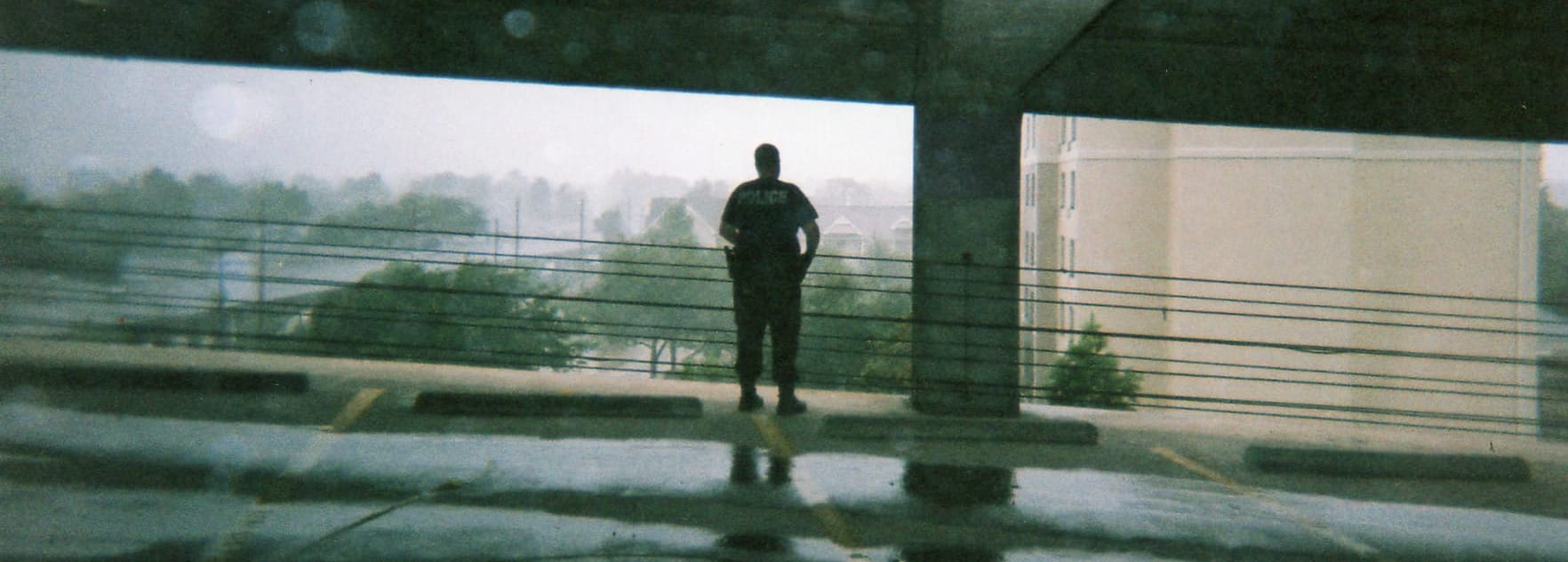
I was new to Texas, only a few months on the job as a Sheriff’s Deputy and working a relatively large, rural district for the first time when a tropical storm stalled over the region and endless buckets of rain fell overnight. My task that night was to seek out low water crossings, areas where low bridges and dams passed over stream beds that were dry 99% of the year, and monitor them for flooding. Some were obvious, major roadways that crossed named rivers that were clearly marked on our maps. Others were less obvious, hidden away on narrow county roads that wound through dense cedar groves. It was one of these small crossings that almost got me. It was a low bridge, little more than a culvert over a tiny ditch located in a curve on a dark, county road that I’d never driven before. The intermittent stream wasn’t well marked on the map. I only knew I was getting close when the road started sloping downhill.
The small stream, normally a trickle, was roaring. I could hear it over the police radio, the rain drumming on the roof of my car, and the slap of the windshield wipers, but I couldn’t see it until it was too late. I turned the corner and the water was right there, already over the road, several feet out of it’s bank, roaring through the thick trees. Before I could stop the nose of my car was in it. My brush guard and headlights covered in rushing water. I could see the water in the glare of my spotlight, brown and frothing and filled with debris. I could feel it pulling at my car, trying to drag me in and sweep me away. I knew there was little chance of survival if I got sucked into the current rushing through those trees, so I slammed the car in reverse and floored the accelerator and prayed that a Ford V8 could save me. My heart sank as my tires spun on wet blacktop and for a moment the car didn’t move.
Fortunately the tires caught and I was able to back out of the flow, back uphill to safety. I radioed my dispatcher and had that crossing added to a list of roads to be closed once the highway department had time and resources. We didn’t have the manpower to block every road. There were more low water crossings than Sheriff’s Deputies. So I took a moment to shake it off before moving on to check the next low water crossing. My side of the county got lucky. There were no fatalities that night. Things didn’t go as well on the East side of I-35.
I’ve been in disasters and I’ve watched them on TV and the truth is watching is worse. I feel helpless. I feel pointless. I know the misery and the fear and the discomfort and the work all too well and for whatever reason, nature, or nurture, or my own mental illness I’d rather be there in the chaos than watch it unfold on a tiny phone screen.
I couldn’t be there this time. I couldn’t help. So instead I sat and stared at my phone and got angrier and angrier, first at the ghouls who didn’t even wait until the rain stopped falling before gloating about the death and misery of their perceived political enemies. I cannot fathom being so heartless and cruel as to search out mentions of Texas to post “Fuck Around and Find Out” at total strangers but people did. I know because they somehow sought out my posts. After these ghouls came the armchair experts, the self professed thinkers and knowers who’ve never been to rural Texas, or worked in emergency management, or really even paid much attention to the weather but who KNOW from the safety of their Seattle Bungalow just exactly what should have been done. They’re followed almost immediately by the political prognosticators half looking to place blame, the other half searching for some kind of advantage.
It broke me.
Maybe because I know what that roaring dark water sounds like up close. Maybe because I know what children’s screams sound like. Maybe because I’ve seen the horrible consequences of drowning. Or maybe it’s because I’ve seen a child’s empty and lifeless body and I’ve heard their parent’s sobs. Sometimes, in my darker moments, I wonder if I’m just old and weak now and I just can’t take it anymore, but the combination of horrors, the rushing water, tales of screaming children, ghoulish, gloating strangers, media vultures, finger pointers, buck passers and grifting scumbags destroyed me. The world felt at the precipice of something horrible. It all felt so hopeless and pointless and worst of all I felt hopeless and pointless and all I could do was be pissed off.
There was a video I saw on Facebook Reels, one of the many horrifying images that the algorithm loves to feed you once it realizes you’re paying attention to a disaster. It’s dark in the video. Rain is coming down in sheets. Brown, debris filled water is rising. There’s a white, wood frame building and it’s moving when it shouldn’t be, drifting downstream with the flood waters. You can see the children inside. You can hear the screams over the roar of the water. It’s a terrifying sight. Horrifying to behold except for one thing. You can also see other people, teenagers, other children, rushing to render aid.
Buried somewhere in the massive pile of words I read about this disaster was a small story about a Boy Scout Camp that was washed away by the flood waters. At first, the story said, the children climbed onto top bunks to avoid the rising water, then into the rafters. Then the building was swept off it’s foundation and the occupants would have been doomed except the structure got caught in some nearby trees, allowing teenage Eagle Scouts to rescue the occupants. I’m not sure if it’s the same building as I saw posted on social media. I can’t find the story again and in the chaos of a disaster early reports are often wrong but I believe this is true.
I believe it’s true because I’ve been there, during and after a natural disaster, and I’ve seen the way folks behave. When faced with unimaginable horrors some people will run, more will freeze, but a surprising number will fight. A shocking number of people will run to aid their fellow man. Most people do the best they can to help their neighbors. I’ve witnessed it, over and over and over again during every natural disaster I’ve endured. People will risk their lives for strangers when it matters. In a real disaster people come together and take care of their neighbors.
I’m still mad at the ghouls with their leopards eating faces memes and their “fuck around and find out” posts. I’m still annoyed by the arm chair quarterbacks and finger pointers and at best I'm indifferent towards the political point scorers. None of them are helping. None of them made anything better for anyone but themselves. I’m still heartbroken by the loss. Even the survivors, the people who walked away damp but safe, will be forever tormented by the sound of running water and screams in the dark. I’m still deeply worried about our country. It was genuinely shocking to see the cruelty of otherwise “good” people on display, claiming that their neighbors…that fucking children, deserved a brutal and horrifying death because of a vote tally. Some of the comments I read this weekend bordered on genocidal. We can say, “they’re bots” and pretend but we all know a human put that hateful shit out in the world on purpose, but that’s a post for another day. Today I feel slightly better with the knowledge that when it mattered, in that horrible moment where the only options were fight, flight, or freeze, people chose to risk it all to save others.
People are dumb. The world is full of folks who will sleep through an emergency alert. There are armies of politicians who will ignore infrastructure improvements to save a buck and millions of voters who will gladly go along if it means their taxes don’t go up. Massachusetts or Texas, citizens don’t want to pay for or think about services like emergency management. There will always be soft handed, snide, internet dickheads ready to post “fuck around and find out” until it's their turn in the barrel, until they're the ones wet and scared in the darkness. There’s always Monday morning quarterback a world away and with zero experience ready to critique everything and everyone involved. There’s no end of media ghouls ready to capitalize. The overt hatred seems new and it’s damn sure frightening, but I feel better today remembering that none of this is the whole story.
When it mattered, in the dark of night, with roaring water and screams in the trees people, migrant workers, teenagers, tourists, redneck locals, rushed to the aid of others. Regular folks risked their lives to pull their neighbors out of the dark maelstrom of destruction. As long as that instinct holds, as long as there’s people who run to help, then there’s hope. In the deluge of horrors, and the tidal wave of recrimination, finger pointing and blame that is certain to come after, we can’t lose sight of the small acts of heroism, valor and kindness.
No music today, just a call for action. It's been almost a month now and the people of Central Texas still need your help. In the age of climate change it's only a matter of time before we all have to deal with a natural disaster. If you can help, please do.
The Central Texas Community Foundation is providing direct financial assistance to flood victims in Williamson County, Texas, where my frightening experience with flash flooding occurred over a decade ago.
Hill Country Community Action is providing assistance to affected families in the towns of San Saba, Lampasas, Copperas Cove, Kingsland, and Llano, Texas.
